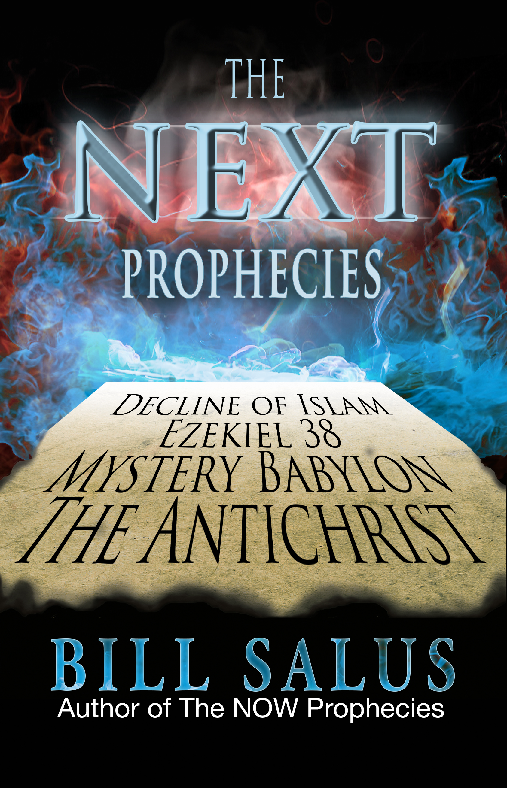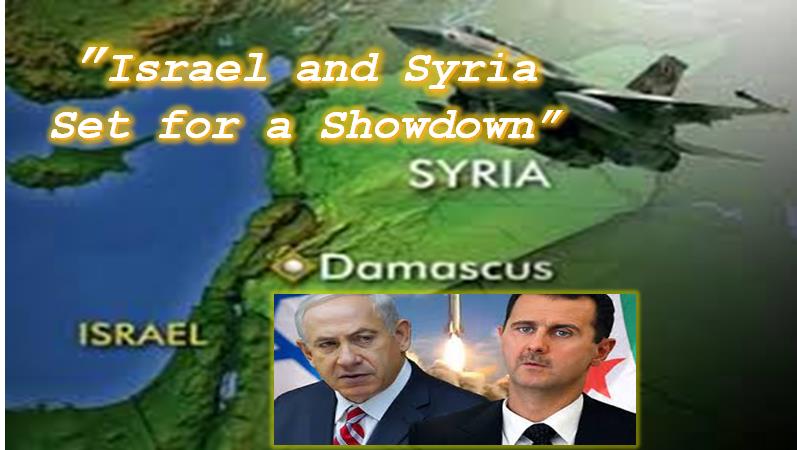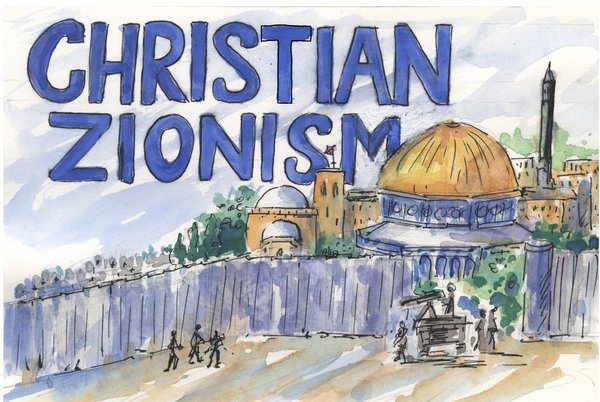
Part 1: What’s happening to America by its own hand: immigration, cultural chaos via diversity and multiculturalism
Arnold Toynbee observed that all great civilizations rise and fall, and that, “An autopsy of history would show that all great nations commit suicide.”
This series provides a poignant and far-reaching interview with Bromwell Ault, 90, Yale graduate and author of: Who Lost America? He penetrates the reasons for America’s spiraling downfall into multiculturalism, diversity, endless immigration and population overload. He offers an extraordinary depth of understanding of America’s predicament from seven decades of observations on the world stage.
I have spoken with him for hours on this subject. He brings extraordinary wisdom, understanding, and comprehension of America’s predicament.
Ault relates his thoughts as to the changes sweeping over America:
We mention these enormous changes in our society and technology in the brief period of the last half-century because we have recently entered into another period of similarly far-reaching change with the potential to devastate our values, completely alter our culture and turn America away from the destiny which past generations imagined would be theirs and strove to attain. These threats are real and have been enabled by our educational, cultural and political avoidance.
There are multiple factors that contribute to the lassitude that has gripped our government, corrupted our political class and turned the type of national unity we have been able to call upon in the past into a distant memory. If we cannot regain our past ability to view ourselves and function as one nation, then the American dream — however, it is deemed — will no longer exist.
And our time frame is shrinking more rapidly than we can know from the information or opinions provided by our government and/or MSM. It is this rapidly contracting time for corrective action that has given rise to this series of chapters we call The Attack on Western Civilization (WCIV).
America is the youngest and strongest member of what we refer to as WCIV — a mixture of thought, art, religion, government, politics, music, science, commerce, genetics and population with pre-Christian origins in the cultures of Greece and Rome. As war between the various western European states was a constant for centuries, unity was an infrequent experience, most notably exercised to turn back Muslim invasions at Tours, Vienna and the Crimea and to recapture the Christian Holy Land via the Crusades of the 11th, 12th and 13th centuries; and in more modern times to deny the designs for conquest and territorial acquisition by Napoleon, Kaiser Wilhelm, Hitler and Stalin.
Europe’s monarchies controlled its power until they self-destructed in the failing values and leadership of World War I (WW I). Their system did not allow for real unity because power could shift instantly due to birth, death, marriage, insanity, religion, as well as the usual state causes such as the expansion of commerce, territory, and population.
It became clear that this beautiful, glimmering sense of unity needed determined leadership and improvement to survive in the massive rebuilding of Europe after WW II. And although Europe has been strengthened by new methods and institutions, old ways and memories persist because they have been tried and hardened and have endured centuries of history and conflict. Even so, European unity pales beside that which the U.S. displayed so powerfully in the two great wars of the 20th century. The reason lies in our origin when the first step in becoming a free nation required surrendering our colonial identities of almost 200 years, and establishing the unity that allowed our founders dreams of freedom, honor, and equality to survive and be passed on to future generations.
While we have departed from our WCIV forbears in many ways, our culture is predominantly the same. Our language, law, dress, religion, food, history, music, literature, architecture, and science have European roots and branches onto which we have grafted our own forms for over 200 years. Some have been beautiful, others offensive; but culture, like history, is a long span, an endless game in which we participate only brie y. It thanks us, or not, for our contributions; it uses them, or not, as it prefers. We have been privileged to have a part in it, and we have taken pride in that part.
We have gone into some detail because culture, history, unity and other elements of WCIV are now under global attack and, once again, if we in the West are to defend ourselves, America will have to lead. The peril we face is one of many parts, as are the problems that it will increasingly force upon us. In this, we will describe the background and the threats that we must confront. And we will outline what we must do and how it should be done. For Matters of Conscience, this will require a transformative editorial move away from commentary towards activism which we would not consider unless the stakes were as high as they are.
Contact: Bromwell Ault, www.CenterforPublicConscience.org
© 2018 Frosty Wooldridge – All Rights Reserved
E-Mail Frosty: frostyw@juno.com





